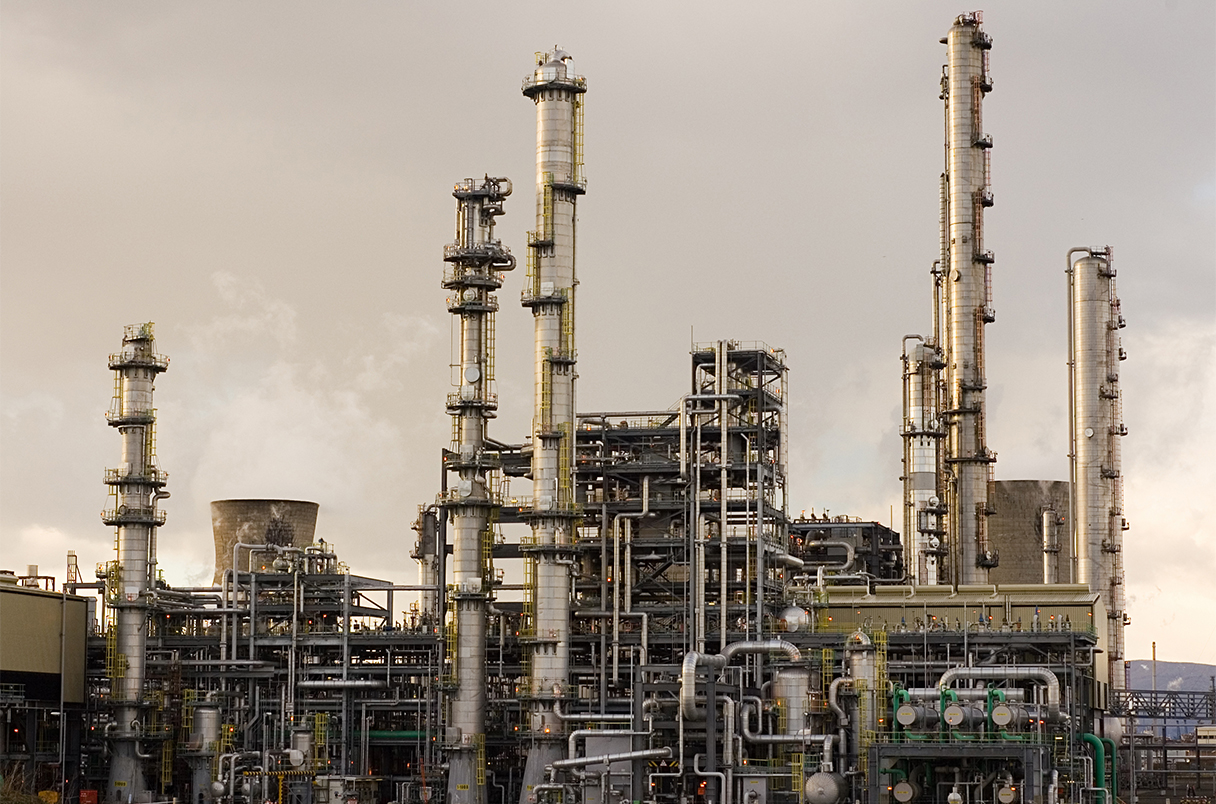Former finance minister Dr. Hafiz A. Pasha highlighted a sharp decline in investment in Pakistan’s large-scale manufacturing, pointing out that current levels are lower than those recorded 25 years ago. He warned that the sector’s inability to replenish its shrinking capital stock is hindering sustainable growth.
Speaking at the Lahore Chamber of Commerce & Industry (LCCI), Pasha stated that 60% of the country’s total tax revenue is derived from the large-scale manufacturing (LSM) sector. He noted that the burden on this sector is disproportionately high, four times greater than that of the rest of the economy, which has led to stagnation in manufacturing growth.
He emphasised that while Pakistan possesses sectors with significant income potential, such as agriculture, the tax contribution from these areas remains minimal. He pointed out that a mere 1% of landowners control 22% of the country’s best agricultural land, yet tax revenue from agriculture is exceedingly low, with an expected Rs4 billion in collections next year, compared to Rs4,500 billion from the manufacturing sector.
He also highlighted the discrepancy in the real estate sector, which continues to attract significant investment, despite its non-productive nature. Revenue from property taxes, however, stands at just 0.2%—12 times less than that from the industrial sector.
The former minister also expressed concern about Pakistan’s high unemployment rates, with 2.1 million unemployed youth, 2.6 million children out of school, and 22% of the workforce without jobs. He criticized the limited access to bank credit for small units, with only 6% of available credit directed to these businesses, compared to 80% for the government.
LCCI President Faheemur Rehman Saigol echoed Pasha’s sentiment, noting that Pakistan’s economic challenges stem from poor policies and governance, rather than external factors.
Discover more from Brackly News
Subscribe to get the latest posts sent to your email.



